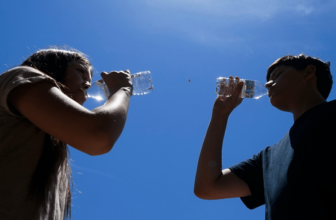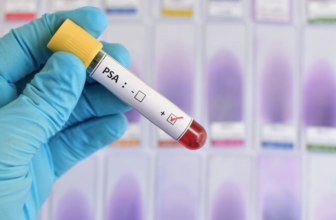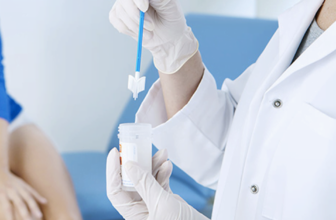
Panera Bread’s “Charged Lemonade” has been linked to two deaths, raising questions about its safety. While it is generally safe, consumers should be aware of their caffeine intake. This is especially relevant when considering caffeinated beverages like coffee, tea, chocolate milk, and more.
Panera Bread faces two wrongful death lawsuits due to its charged lemonade, marketed as “plant-based and clean” with caffeine levels equal to the chain’s dark roast coffee. The latest lawsuit, filed on December 4, attributes the death of 46-year-old Dennis Brown to the drink. Brown, who had a chromosomal deficiency disorder and high blood pressure, avoided energy drinks and passed away from cardiac arrest after consuming three charged lemonades. Another lawsuit, filed in October, connects the beverage to the death of Sarah Katz, a University of Pennsylvania student with a heart condition, who died after drinking a large charged lemonade in September 2022.
Initially, Panera listed the 30-ounce charged lemonade as containing 390 mg of caffeine. However, ABC News reported that this figure didn’t consider potential ice dilution. Panera is now revising its menus and nutritional information, indicating the same size drink contains 237 mg of caffeine.
For context, here is the caffeine content in various popular drinks:
– Panera’s Charged Lemonade: Originally 390* mg per 30-ounce drink
– CELSIUS Original: 200 mg per 12-ounce can
– Monster Energy: 160 mg per 16-ounce can
– Brewed black coffee: 96 mg per 8-ounce cup
– Red Bull: 80 mg per 12-ounce can
– Brewed black tea: 47 mg per 8-ounce cup
– Diet Coke: 46 mg per 12-ounce can
– Coke: 34 mg per 12-ounce can
– Brewed green tea: 28 mg per 8-ounce cup
– Chocolate milk: 2.5 mg per 8-ounce cup
– Brewed decaf black coffee: 2 mg per 8-ounce cup
It’s interesting to note that Diet Coke has more caffeine than regular Coke, and decaf coffee contains less caffeine than chocolate milk. Beverage size significantly affects caffeine intake. For example, Monster Energy and coffee have similar caffeine content per ounce, but a 16-ounce can of Monster equals about two cups of coffee. Panera’s original data suggested that 8 ounces of their charged lemonade and black coffee contained similar caffeine amounts, making a large lemonade equivalent to about four cups of coffee.
According to the Food and Drug Administration, most healthy adults can safely consume up to 400 mg of caffeine daily, about four cups of coffee. However, recommendations vary based on health conditions and other factors. Pregnant individuals should limit their intake to 200 mg per day, as advised by the American College of Obstetricians and Gynecologists. The American Academy of Pediatrics advises against caffeinated drinks for children, while the American Academy of Child and Adolescent Psychiatry suggests a maximum of 100 mg per day for children over 12.
Rapid consumption of caffeine can be dangerous, potentially leading to seizures or death. Dana Hunnes, a senior dietitian at Ronald Reagan-UCLA Medical Center, noted an increase in caffeine toxicity cases from energy drink abuse, particularly among male adolescents, between 2004 and 2010. New York-based dietitian Jessica Cording emphasized the importance of starting with smaller amounts due to the unique metabolism of individuals and the potential influence of medications on caffeine processing.
Even healthy individuals can experience harmful side effects from excessive caffeine, such as increased heart rate, upset stomach, insomnia, jitters, and anxiety. However, consumed in safe amounts, caffeine can boost mood, improve memory, and provide the needed energy to feel more alert and awake.





